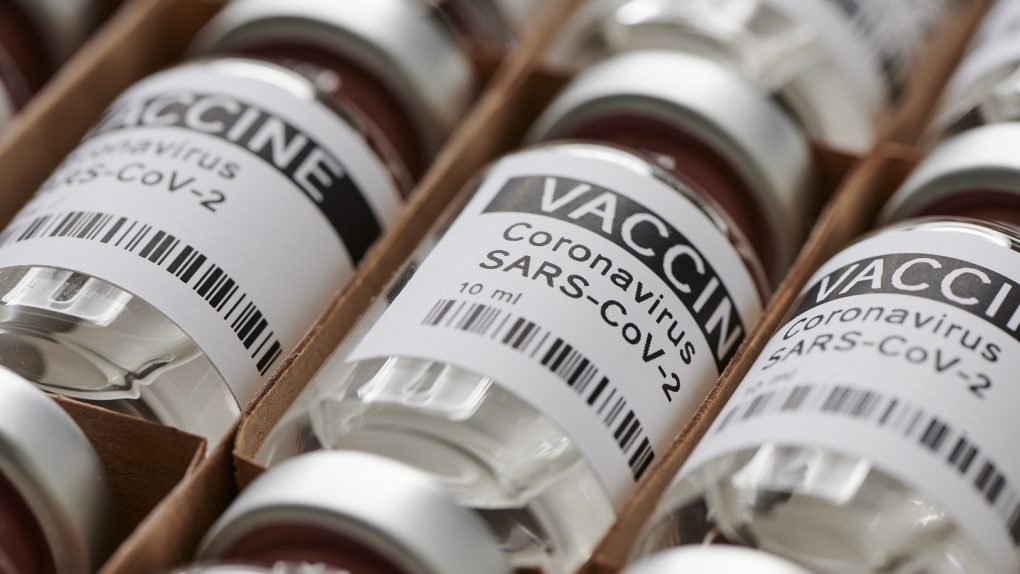- An answer about coronavirus vaccine safety and efficacy might be available as soon as November, Dr. Anthony Fauci said in a new interview.
- He made it clear that vaccines should not be approved for emergency use until they’re proven to be safe and effective.
- The comments follow several recent updates in the world of COVID-19 vaccine candidates. Russia approved a drug for public use without revealing any scientific data, and China has started using three vaccines under emergency programs. Separately, rumors said President Trump may pressure the FDA into giving emergency approval to at least one COVID-19 vaccine before the election.
Vaccine research for the novel coronavirus has advanced at a tremendous pace this year, with more than 170 experimental drugs already being tested to see whether they can prevent COVID-19. Of those, at least six are in the final stage of development, and another one has been approved for use in Russia even though no one knows if it actually works. Three of the six Phase 3 vaccine candidates were developed in China, and they’re all being used on volunteers outside of Phase 3 trials. These drugs have received emergency use authorization (EUA) in China, but unlike the Russian vaccine, there is scientific data to back up their efficacy. With Russia and China already using COVID-19 vaccines, and with the US presidential election looming, there has been increased chatter that President Trump might pressure the FDA into awarding an EUA to a vaccine in time for the election, even though Phase 3 trials won’t be complete. As it stands right now, three vaccine candidates are in Phase 3 testing in the US and other Western countries, including drugs from Moderna, AstraZeneca/Oxford, and Pfizer/BioNTech.
The nation’s top infectious disease expert Dr. Anthony Fauci warned a few days ago that rushing the EUA for one vaccine might compromise the entire vaccination effort. Other officials have also opposed the idea that a vaccine should be granted EUA before Phase 3 is completed. Some expressed concern that the final data might not even be ready this year, but Fauci said in a new interview we might get our first answers by November.
“The way the pace of the enrollment is going on and the level of the infections that are going on in the United States, it is likely that we’ll get an answer by the end of the year,” Fauci told The Times (via MarketWatch). “It is conceivable that we would get an answer before that.”
“I would say a safe bet is at least knowing that you have a safe and effective vaccine by November, December,” Fauci added, cautioning that a vaccine needs to prove it works safely before it can receive authorization for widespread use. “I would not be satisfied until a vaccine was proven to be safe and effective before it was actually approved for general use.”
The public health expert declined to name a front-runner, but the US government is either working closely with some of the companies involved in Phase 3 trials (Moderna) or has already made significant investments with others (AstraZeneca and Pfizer).
These three vaccine candidates might be the first to reach Phase 3, but there’s no guarantee that the drugs will qualify for approval. Roche’s Actemra is the best example of that. Believed to be helpful in COVID-19 therapy, the drug failed to meet goals in Phase 3. The same could happen to any drug that reaches the final stage of testing, be it a vaccine or a different therapy.
Thankfully, other labs are working on different vaccination ideas, including Johnson & Johnson, Merck, and Sanofi. Given the multitude of vaccine candidates out there, it seems like the deck is stacked in our favor. With more than 170 registered vaccine candidates, at least some of them should work.
Aside from figuring out whether vaccines are good at preventing coronavirus, these studies might also help scientists explain what sort of immunity can be expected. A variety of reports said recently that a second infection is possible. Most notably, a documented case of COVID-19 reinfection in America shows that a 25-year-old who got a second coronavirus strain a few weeks after the first one experienced a more severe case the second time around. It was so bad that it required hospitalization and oxygen therapy.








